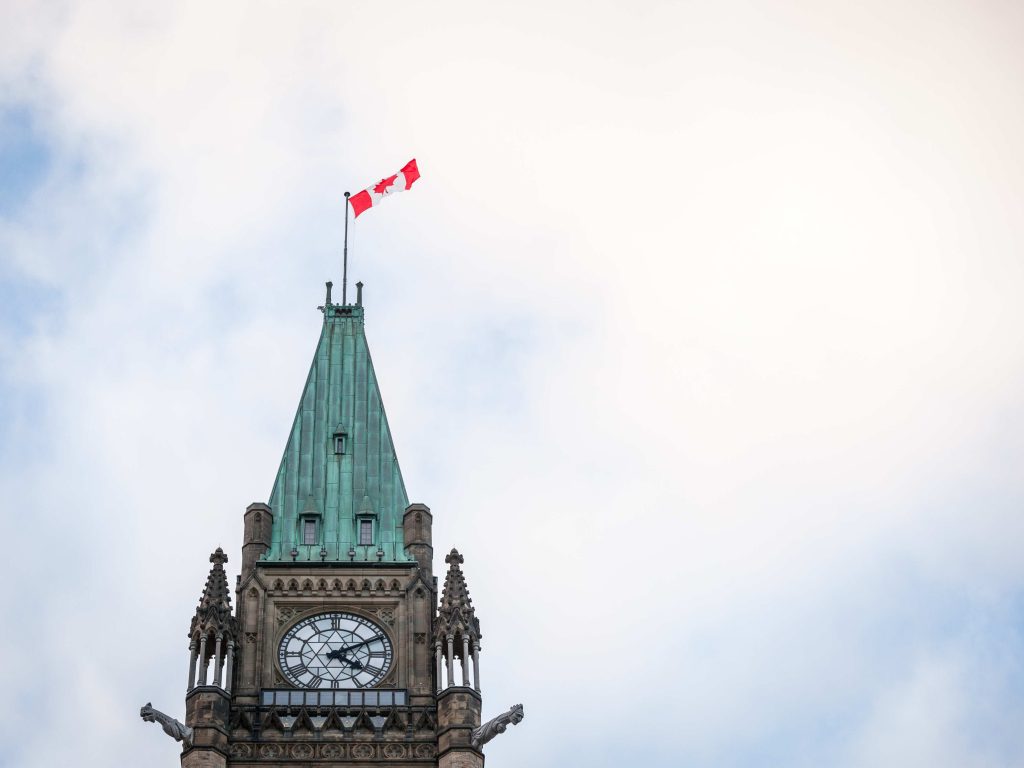Menu
Close

CMHA National statement regarding federal guidance to provinces and territories on the Canada Health Act
Feb 18, 2025
On January 10, Federal Minister of Health, The Honourable Mark Holland, issued a letter of interpretation on the Canada Health Act to the provinces and territories with new guidance and timelines for ending the practice of extra-billing patients for medically necessary services. The letter outlines how some medically necessary services, once delivered exclusively by physicians, are now provided by other health care professionals— such as nurse practitioners, midwives and pharmacists. The Minister’s letter states that Canadians can no longer be billed additional fees (known as extra-billing) to receive these publicly funded services.
By recognizing “physician-equivalent services,” CMHA believes that Minister Holland’s letter holds promise—and paves the way— for including mental health and substance use health services, like psychotherapy, counselling, and addictions services, in our publicly funded (free) healthcare system.
Across Canada, psychotherapists, psychologists, registered social workers and occupational therapists treat and support and diagnose people with mental health and substance use healthcare needs. In some cases, these professionals work alongside doctors on family health teams to ease the demand for care and provide expertise that improves health outcomes. The services they provide are “physician equivalent.”
The Minister’s letter acknowledges that health care has evolved since the Canada Health Act (the Act) was created in 1984, including the establishment of family health teams and the introduction of new regulated health professions, like registered nurse practitioners, who now deliver primary care equivalent to that of physicians. The delivery of mental health services has also changed significantly since 1984: the remaining asylums were downsized and closed; psychiatric hospitals were established; mental health in-patient services were further integrated into general hospitals; community mental health services were developed and expanded, and more provinces and territories created professional colleges to regulate psychologists, social workers and, in several provinces, psychotherapists.
Some regulated professionals currently deliver medically necessary services equivalent to those provided by physicians.
However, since the Canada Health Act was passed in 1984, public coverage for mental health and substance use health services has been guaranteed only if services are delivered by physicians or in hospitals and are considered “medically necessary” or “medically required.” This restriction means that many people who need lifesaving counselling or psychotherapy can only access it under certain conditions, or if they can afford to pay for it. Publicly funded services provided by the provinces and territories are limited, as are any employer-based insurance benefits that a person may have.
Canadians urgently need mental health and substance use health care. Every year in Canada, about 4,500 people die by suicide. In 2023, 8,538 people died from apparent opioid toxicity and two years prior, 3,875 lives were lost to harms from alcohol. Lives would be saved and so much suffering would be alleviated if people were able to get physician-equivalent treatment from registered social workers, psychologists, psychotherapists, and occupational therapists.
While family physicians are primary providers of mental health services—and bill public health insurance plans for mental health counselling (and psychotherapy)—many people in Canada have no access to one. If the Canada Health Act recognized physician-equivalent services provided by mental health professionals, it would be closer to delivering on its promise to “protect, promote and restore the physical and mental well-being of residents of Canada” and to ensuring that people in Canada have access to health services without financial barriers.
CMHA’s position is clear: The federal government must clearly extend its interpretation of the Canada Health Act to include mental health and substance use health services that are medically necessary, whether they are delivered by a physician or by another professional.
The federal government must also continue to modernize its health legislation and provide the provinces and territories with the resources necessary to ensure mental health and substance use health services are comprehensively covered under health insurance plans. It is only then that mental health and substance use health care will be universal.
Read more about CMHA’s advocacy to include mental health and substance use health services under the Canada Health Act, here.
